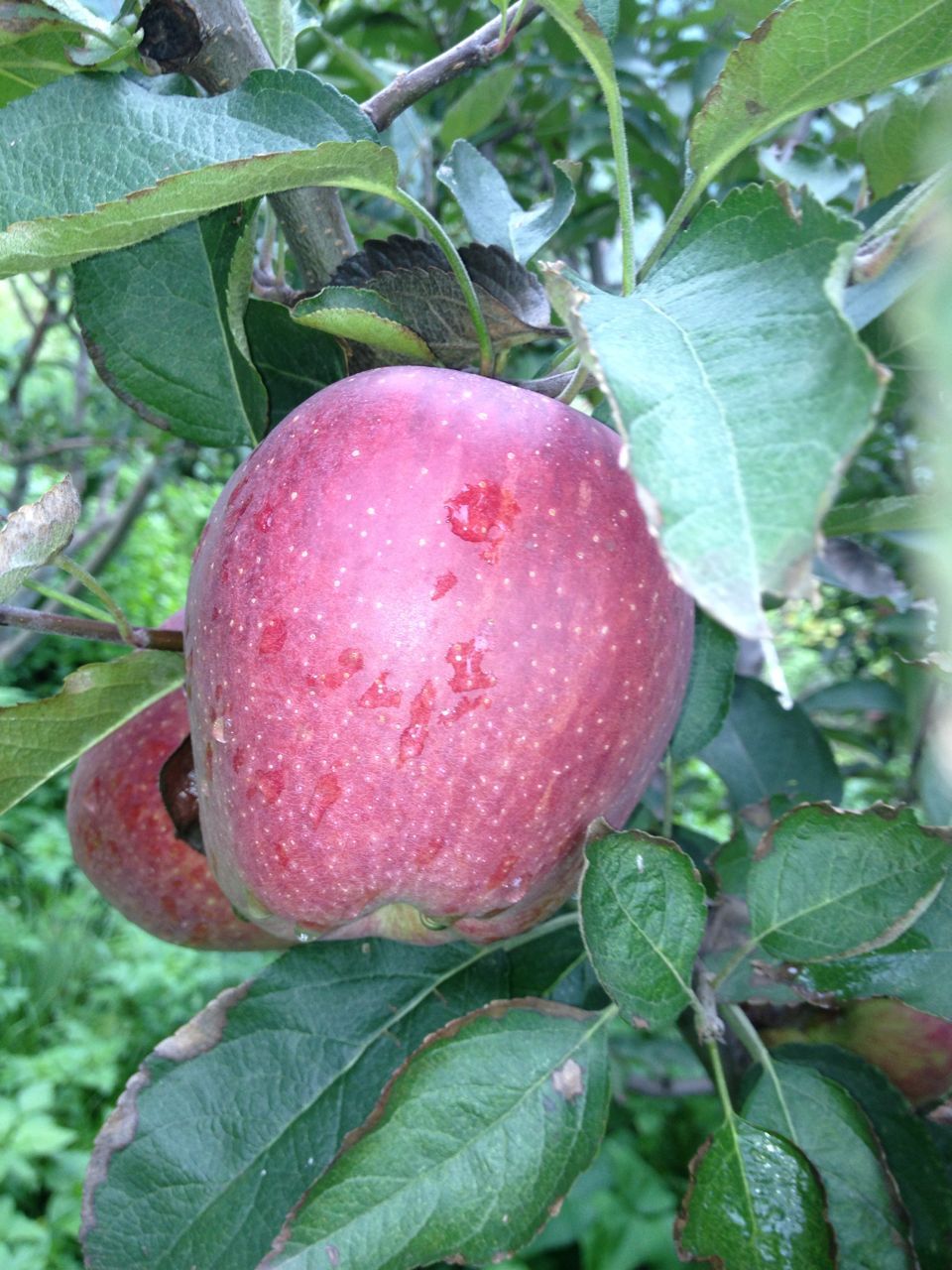Vegetarian Diet For Yoga
Choosing vegetarian diet for yoga can be quite challenging for beginners to yoga. Here we are giving suggestions for foods to eat and food to avoid for yoga practitioners. You may not be able to change your food habits drastically but make the changes slowly and gradually.
Vegetarian diet for yoga remains the same whether you want to do yoga for health or as therapy for curing of some disease. The diet for yoga is to eat the way yogis eat. If you want to heal yourself, follow all the instructions given here but some modifications may be required as per your health condition.
Diet Advice
Adopt healthy eating and make it as a part of your life style. Eating healthy is not start-stop game for regular yoga practitioners. Do not adopt yogic diet as a crash course.
Eat more of real foods. which are healthy and nutritious instead of junk food marketed as healthy food.
Crash diets or any other dieting is not recommended.
Fasting is not recommended as a principle. However, you may have a weekly fast day wherein you eat only fruits and salad during the day and eat light meal like soup/ khichri in the evening.
Always eat freshly prepared food.
Use least quantity of oil for cooking.
Eat at fixed meal timings as far as possible.
There should not be much gap between two two meals. Eat some healthy snacks between breakfast -lunch and between lunch - dinner.
Eat some healthy snack or carry something from home if you are working or traveling.
Do not eat curd in dinner.
Do not eat fruits after meals, instead eat fruits before food.
Drink luke warm water in winters.
Maintain two hour gap between eating dinner and sleeping.
Stay hydrated, keep drinking sufficient amount of water throughout the day.

Recommended Vegetarian Diet For Yoga
All food which is real, healthy and nutritious is recommended but take care of portions for high calorie foods.
Salads
Lime juice
Fruits
Dalia/ Khichri
Dal, Roti, Curd, Sabji
Cold pressed oils (a healthy mix of coconut, mustard, ground nut, sunflower etc)
Herbal teas
Fresh Vegetable Juice
Fresh Fruit Juice
Amla (Grate one fresh amla, add one tea spoon honey and eat)
Sprouts
Healthy Snacks
Roasted black chickpeas (Kala Chana)
Fox Nut (Phool Makhana)
Nuts (almond, walnut, pistachio)
Seeds (flaxseeds, chia seeds, pumpkin seeds and sunflower seeds)
Dried fruits (raisins, dates, prunes, figs and apricots)
Roasted whole grains, goundnuts
Fruit Salad
Sprouts
Infused Water
Infused water adds taste to water and flushes out toxins from the body. Cut one cucumber, lime, small piece of ginger, few mint leaves into small pieces and put in a glass jug and fill up with water. Keep drinking this water.
Foods to Avoid
The longer the shelf life of a food sold in the supermarket, more dangerous it may be to your health unless it is any food with natural longer shelf life like nuts/seeds/grains/cold pressed oils/ghee.
All products using refined flour Bread/Buns etc
Packaged and processed cereals (Corn flakes, Oat meals etc)
Non vegetarian food
Deep Fried foods
Salt (use less quantity of salt)
Too much of dairy products
Tea/ Coffee
Alcoholic drinks
Dessert after a meal. (Tip. You can satisfy your urge for sweet taste by eating a small piece of Gur (indian jaggery) or eating few raisins, a dried date or a fig.
Foods to Avoid at All Costs
Refined Sugar (Substitute : Indian jaggery (Gur) or Honey)
Artificial Sweetners
Refined Oils
Soft drinks, energy drinks and sodas
All bakery products like biscuits, cakes etc.
Fast food like pasta, pizzas and instant noodles.
Packaged/ frozen food
Ready to eat food
New! Comments
Have your say about what you just read! Leave me a comment in the box below.